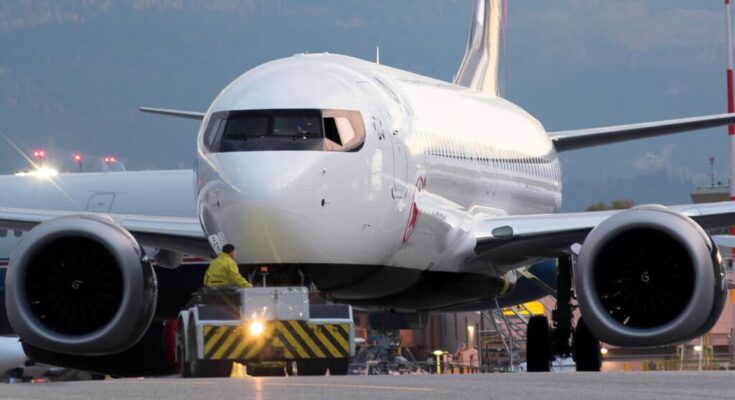
The International Association of Machinists (IAM) has outright refused Boeing’s 25 percent pay raise offer. The offer included better cost sharing on essential health care and retirement funds. In Seattle and Portland, 30,000 workers put down their equipment last Friday and have been on strike since. A whole 95 percent of union workers refused the offers, and 96 percent voted to continue strike action.
“Our members spoke loud and clear tonight,” said Jon Holden, president of the IAM District 751. He added, “We want to get back to the table, and we want to reach an agreement that is good for our people, their families, our community, and our intent is to do just that.”
Boeing desperately needs its production to rise, as its stocks have nosedived. According to Investing.com, Boeing stocks have dropped to $155.63 a share after being at $217.70 in January. Stock has been plummeting since the replacement plug blew out of the door frame of an Alaska Airlines Boeing 737.
IAM Union’s negotiation history
Since 2008, the IAM has asked Boeing for a 40 percent pay raise for its workers. During those negotiations, Boeing saw tremendous success with the rise of cheap flights and increasing orders.
While Boeing was growing its profits substantially, the workers didn’t see any gains to their salaries as nothing changed. Then, when the pandemic hit, Boeing took a hit—and so did the workers.
A new CEO, Robert Kelly Ortberg, was installed last month and has been trying to reach a deal with the IAM since he took the position. According to Ortberg, the offer was a last-ditch attempt to prevent a strike that would put the company’s “recovery in jeopardy.”
According to Forbes, IAM leadership initially believed the offer was good enough, but their tone changed rapidly. Regardless of whether the offer was good or not, Boeing has to work quickly to end the strike as soon as possible, or the company might face serious ramifications.
Boeing’s safety and financial woes
The year started horribly as the door flew out of an Alaskan Airline Boeing 747. After that, the Federal Aviation Administration (FAA) grounded similarly configured Boeing 737 Max 9 jets for several weeks. When the accident happened, the FAA said, “This incident should have never happened, and it cannot happen again.”
Then, a whistleblower blamed Boeing for the door incident in mid-January, tarnishing the company’s reputation.
Boeing also agreed to pay $244 million for the crashes of two 737 Max planes in 2018 and 2019. The Boeing Starliner then faced issues upon landing on the International Space Station, causing them to strand their crew aboard the ISS while having to return the ship autonomously.
Now, thanks to the strike, the company is forced to slow down its production, and it may not meet the production cap the FAA has set for its 737 Max planes.



